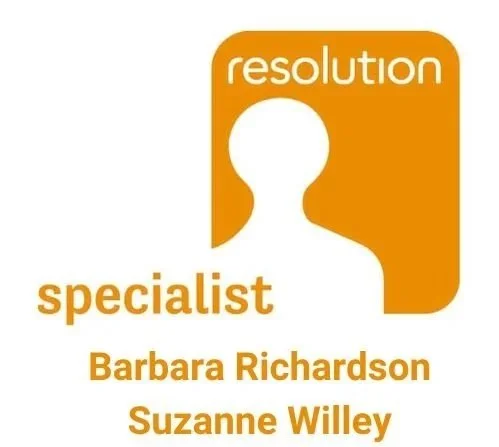Adding or Removing Someone From a Property Title: Why It Is Never Just an Administrative Change
There are many situations where people want to add or remove a name from a property title. Marriage, separation, tax planning, refinancing or family arrangements can all prompt a change in ownership. It is often assumed that this is a simple formality. In practice, it is a legal transaction with potentially significant consequences.
Changing a property title involves transferring an interest in land. Even where no money changes hands, the law treats this as a conveyancing transaction. The reasons for the transfer matter, as do the financial arrangements between the parties.
One of the first issues to consider is whether there is a mortgage. Most lenders require consent before ownership can change. Some lenders will treat the transfer as a new loan application, particularly where someone is being added or removed following separation. Failure to obtain lender consent can put the mortgage at risk.
Tax is another area where assumptions can be costly. Stamp Duty Land Tax may be payable even where no cash is exchanged, depending on whether mortgage debt is being taken on. Capital Gains Tax can also arise where property is transferred other than between spouses in limited circumstances.
Ownership structure is equally important. When adding someone to a title, it is necessary to decide whether the property will be owned as joint tenants or tenants in common. This affects what happens on death and how the property is dealt with in wills. Many people do not appreciate the difference until it is too late.
Transfers following separation often involve heightened emotion and time pressure. Informal agreements made without legal advice can create long term problems. We regularly see cases where ownership was changed without proper documentation, leading to disputes years later when the property is sold.
There are also wider implications. Changing ownership should trigger a review of wills, life insurance and estate planning. Failing to align these arrangements can undermine the reason for making the transfer in the first place.
Our role is to ensure that transfers are legally effective, tax efficient where possible, and properly documented. This includes liaising with lenders, advising on ownership options, and ensuring that the transfer achieves what the parties intend rather than creating future risk.
What looks simple on the surface often carries hidden complexity. Proper advice at this stage prevents problems that are difficult and expensive to resolve later.
Contact us on 01524 386500 or 01772 253841
















